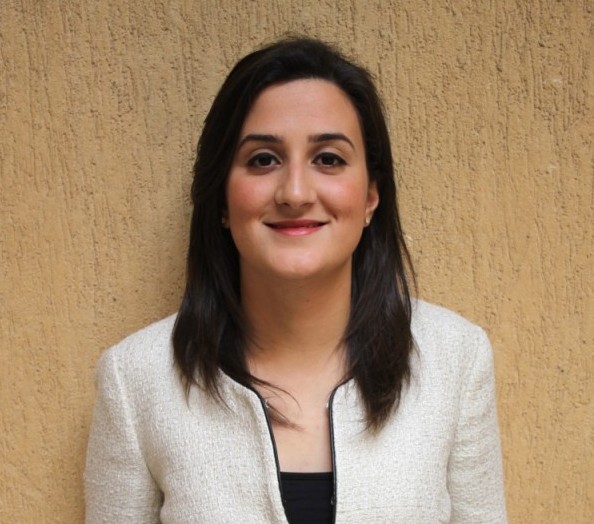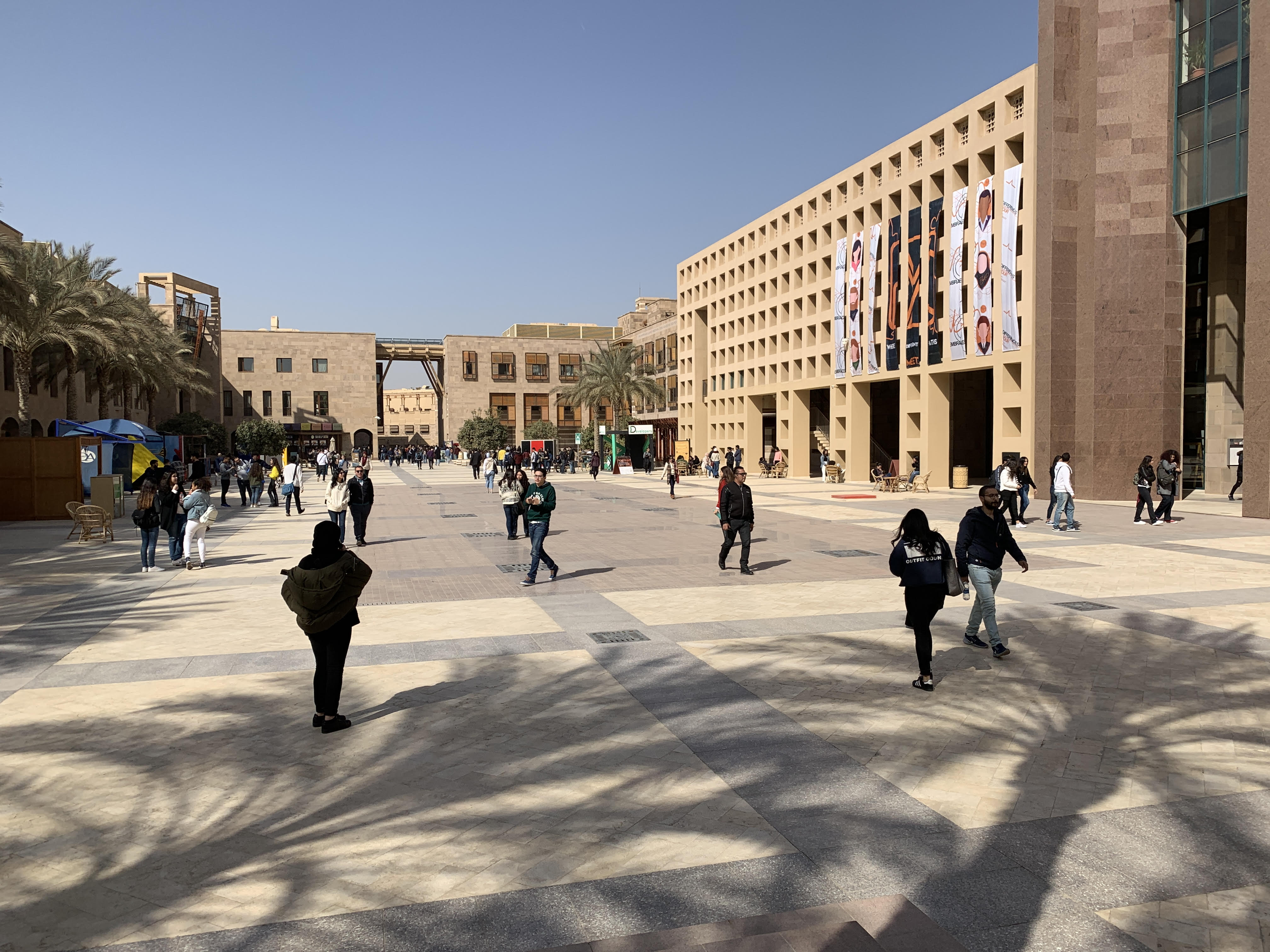Get off the bandwagon and do something
 It can’t be argued anymore that the talk of the town recently continues to be media personality Riham Saeed and thy way she dealt with a sexual assault victim.
It can’t be argued anymore that the talk of the town recently continues to be media personality Riham Saeed and thy way she dealt with a sexual assault victim.But let us all put our anger and personal opinions aside for a few minutes, and look at things from a different perspective.
What exactly are we holding against Riham Saeed? Many are arguing against her lack of professionalism and lack of ethics. Well, if these are the reasons why her program was shut-down, then 90 percent of Egyptian TV shows should follow.
“No, this case is different,” many would argue.
Maybe ethics and professionalism are not things to compromise – under any circumstances. Being unprofessional comes hand in hand with crossing boundaries; they both simultaneously mean the same thing.
As Egyptians, we need to be consistent for whatever we fight for or against. It’s not about attacking those you don’t like; it’s about fighting for having a reliable and professional media environment: fight for whatever you believe is right.
But we only fight for what people on social media fight for. A few people start expressing their discontent about Saeed, and everyone else follows: jumping on the bandwagon has become the norm.
We share her videos, describe how disgusted we are and try to be as feminist as possible. And, a few days later, we all forget and the cycle begins elsewhere.
Another TV anchor crosses boundaries of ethical conduct and we get angry all over again – until we forget and find something else to rant about on social media.
Almost a year ago, Egyptian society was infuriated after prominent TV anchor Amr Adib degraded women on his talk by reminding them of their duties toward home and husband.
He implied with utter disregard that a woman’s obligation in life is limited to cleaning up after – and serving – men.
But who today really remembers that? His critics continue to watch his shows, share his work on social media, and sometimes even admire his efforts in covering events.
We need to each have our own individual stances and fight for whatever we believe is worth our time. We have the freedom to disregard other peoples’ opinions – whether compliant or not with our own.
And by fighting, I definitely do not mean shouting at our laptops every time someone angers us.
Saeed is a reflection of Egyptian society which blames women for harassment, judges them by their choice of clothes, relationships and actions – and then claims it is educated and open-minded.
If you are truly against blaming the victim and the type of prejudiced social malaise that enables people like Saeed, then
you must exert much more effort to put an end to such intolerance. Online activism might trigger debates, but will take us nowhere unless it translates into firm action.
What makes things even worse is the conspiracy theory bubble we live in. Nowadays, we find an underlying reason and purpose for every single event that we witness, even if it is as “important” as a TV presenter incriminating or stereotyping a guest.
Some argue that this was done to deviate people from thinking about the devaluation of the Egyptian pound, the catastrophic state of Alexandria due to rain- fall; no matter what the reason behind the whole Saeed scandal, there is a person to be blamed and an important issue to be tackled.
The issue is now reverberating throughout Egypt mainly because we exaggerate in shedding light on matters, compete between one another to show-off and demonstrate who is more concerned and involved.
It seems we excel at preparing a battlefield where everyone ultimately loses.
Nadine Shawki
Spotlight Editor




